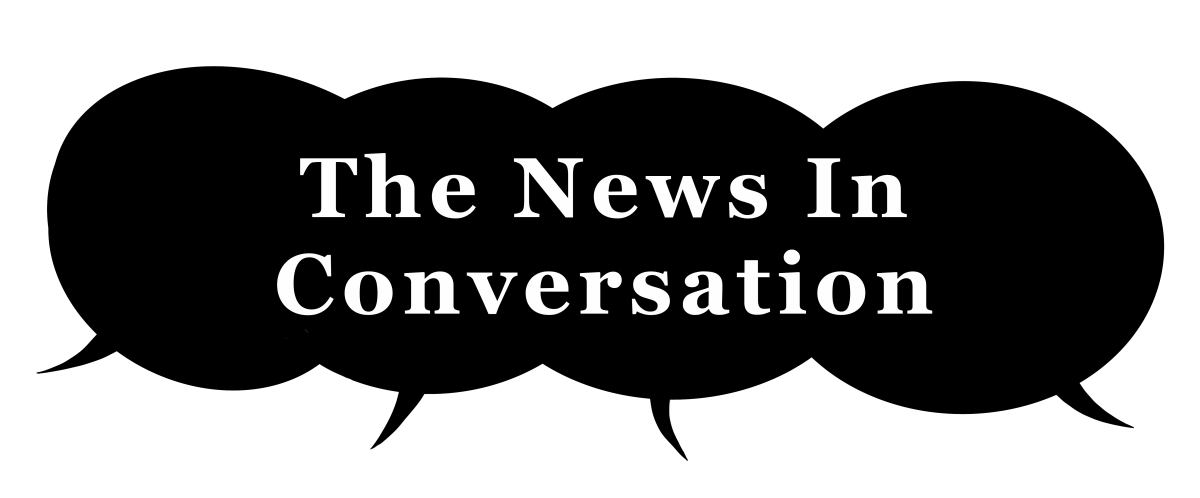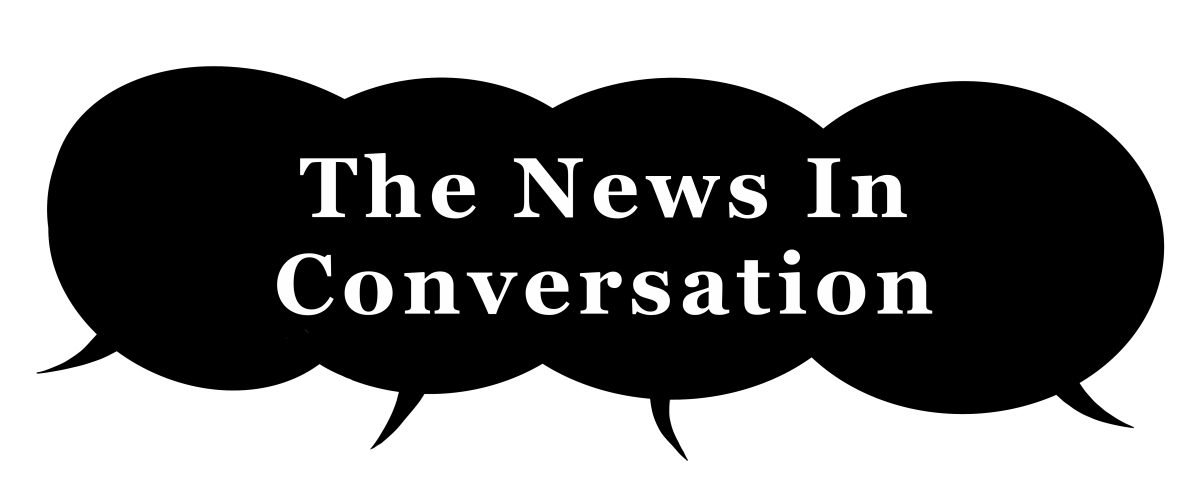Welcome to the fourth edition of The News in Conversation. In every iteration of this column, The Wellesley News will pose a series of questions to a group of students on campus and publish the answers. If you have any suggestions for who we should reach out to next, email [email protected].
This edition features voices from Wellesley Against Mass Incarceration. The answers to these questions were written by current members of the organization. Answers were lightly edited for grammar and formatting.
1). What are some of the campaigns that WAMI has worked on this past school year?
- Union & Labor Advocacy 30-Day Challenge: Each day in the month of April, WAMI sent out an email newsletter focused on a different topic in the field of labor rights & unionization, along with 2-4 resources on the topic, to its 65 participants. Throughout this process, we have educated Wellesley students on labor issues, more generally, as well as informing them about the state of working conditions and wages on Wellesley’s campus. Through this event, we also held and helped promote other labor advocacy events, such as a film screening of “Amazon Empire,” a documentary about the unethical working conditions in Amazon plants, and the AAUP teach-in (see below).
- AAUP Teach-In: WAMI worked with Wellesley’s non-tenure track faculty to promote and execute a campus-wide teach-in on April 7, 2022. The teach-in had over 300 participants attend virtually and in-person, including current students, alum and faculty members. The teach-in was also the front page story of the following issue of The Wellesley News, a story for which a WAMI representative was interviewed to give input on the state of pay equity on campus. This event greatly raised the awareness and passion of labor issues at Wellesley among the student body.
- Student/Farmworker Alliance NYC Protest: On May 12, 2022, WAMI plans to send a group of 10 members to NYC to join the Student/Farmworker Alliance (SFA) in protesting Wendy’s headquarters. Wendy’s is the only major fast food restaurant who has yet to join the Fair Food Program, a program designed to ensure accountability on the part of food providers for the ethical treatment and conditions of the farmworkers who’s labor produces their food supply.
- Applying the Honor Code to Faculty: WAMI has been in communication with relevant faculty and staff about allowing students to resolve conflicts with professors through the Honor Code. After hearing several student testimonies about faculty misconduct that students did not want addressed by punitive Title IX hearings, WAMI has begun to canvas support for allowing students to initiate student-faculty resolution processes with faculty members. If enough faculty are interested in this initiative, we will write a petition to bring to senior administration.
- Expanding the Stone Center: This year, WAMI has been conducting research, communicating with the Stone Center, and collecting student testimonies on how to expand and improve Wellesley’s mental health resources. It has become clear that the Stone Center is currently severely understaffed and under-equipped to address our mental health needs. WAMI is drafting demands for Wellesley to hire more therapists and provide therapists with transformative justice training, preferably from a specialist with a transformative justice-informed background.
- Abolition Book Club and Library: WAMI has started an abolition book club to facilitate thought-provoking discussions surrounding the resistance of the carceral state, including books such as “Are Prisons Obsolete?,” “We Do This ‘Til We Free Us” and “Care Work: Dreaming Disability Justice.” We are cultivating a public-access abolition library that will eventually be accessible in Clapp, which will include all the books discussed in the abolition book club. We are also collaborating with Families for Justice as Healing (FJAH) to bring incarcerated and formerly incarcerated women into dialogue with students next year.
- Refugee and Immigrant Poster Campaign: We are planning on having a poster campaign across campus that highlights the inherent racism, classism and hypocrisy within US foreign and immigration policy throughout the start of the Ukraine refugee crisis. Through inspiration from similar political campaigns in Latin America, we hope to express the message that if you welcome and support certain refugees, you have to support all of them regardless of their places of origin.
2). What are some outside organizations that WAMI has partnered with? What have these coalitions added to your organization?
- We have partnered with both on-campus and off-campus organizations. Some Wellesley orgs we’ve worked with include Committee for Political Engagement (CPE), Raiz, Pre-Law Society (PLS), Wellesley Leftist Student Union (WLSU), Wellesley Asian Alliance (WAA), Wellesley for Black Students (W4BS), Native American Student Association (NASA), American Association of University Professors (AAUP), the Davis Museum and many more. Outside of Wellesley, we have also partnered with Families for Justice as Healing (FJAH) and Build Up People Not Prisons (BUPNP), who both operate on a state level for abolition and intersections with race, gender and class.
- Through this organization, we have been able to add connections throughout the state to mobilize students from across different campuses in the state. In addition, we are able to gather information for different events and rallies that are happening so we can publicize them on our campus as well. For example, we’ve planned and collaborated on events like phone-banking and protests for the moratorium bill, as well as organizing an off-campus book club with incarcerated/formerly incarcerated people.
3). What have been some of WAMI’s biggest successes?
- Over the past semester, we have been able to help get the moratorium bill voted on in the Massachusetts legislature, and we would consider the vote extension a success because that means that the bill has not died and there is more time for mobilization and campaigning across the state. The original deadline to vote was April 15, but due to organizational efforts it was extended to June 30.
- In addition, the non-tenure track professor campaign with AAUP was also a big success since the outreach and the number of people who attended the teach-in (in person and virtually) reached over 300, and it has since sparked talks with admin and within the Wellesley community about the challenges that NTT professors experience.
- Our collaborations with the Davis Museum have also been successful since we collaborated on a tour and discussion on the Prison Nation exhibit, and participated in a webinar with the curator, Dr. Nicole R. Fleetwood where representatives were able to ask questions and talk about student activism and organizing about mass incarceration.
4). What have been some of WAMI’s biggest challenges, particularly in the context of organizing on Wellesley’s campus?
- Getting through to administration has been difficult at times since they are usually reluctant to truly sit down and address student and faculty concerns. We hope next year we will have more influence within the College Government and other groups that have contact with administration so we can push further for them to address these issues like accessibility, accountability, and transparency.
- Funding has also been complicated due to the rules under SOFC, since many of the opportunities and events through WAMI are not necessarily planned and are given to us at random from other organizations and things like transportation were not thought of beforehand. Also, we have had problems with food funds just because of the evolving situation of COVID-19 on campus as well.
5). Finally, how do students get involved in WAMI?
- Come to our general meetings
- Join our email list
- Follow us on instagram with notifications (@wellesleyami)
- Join a task force (if you can and want to!)





